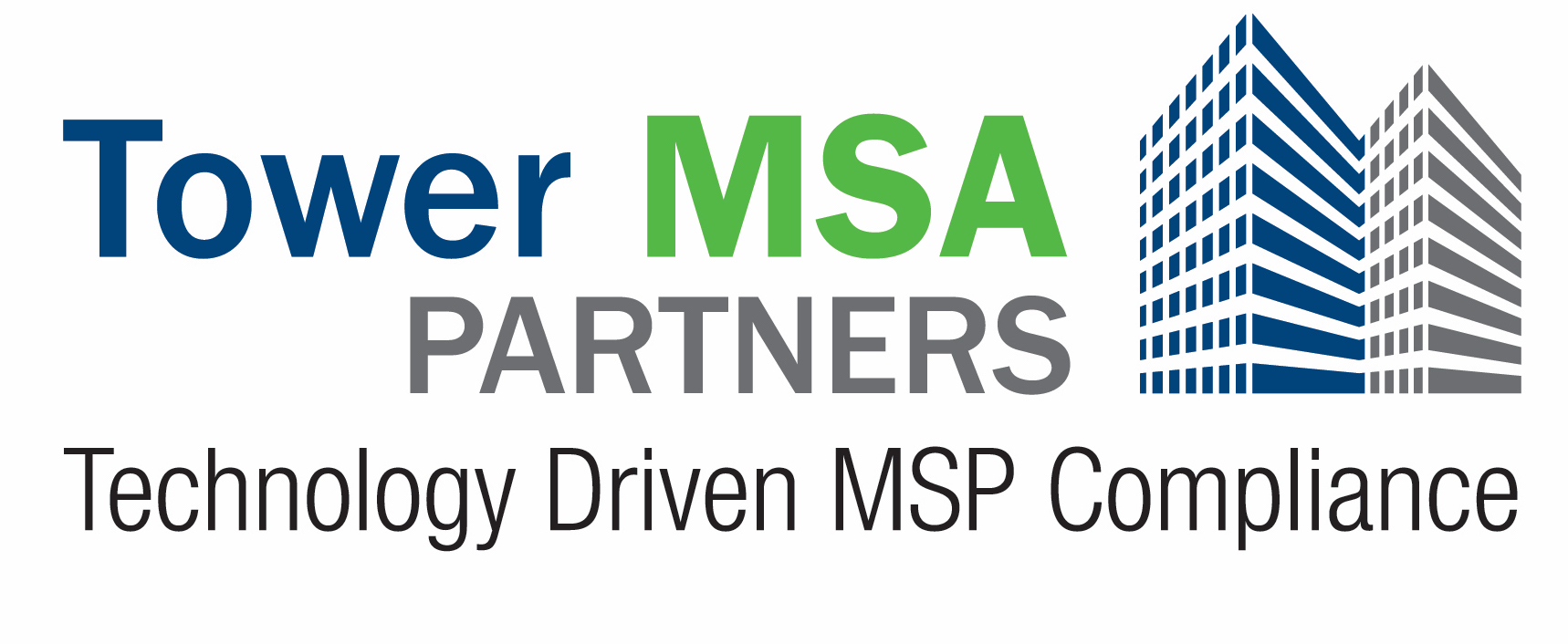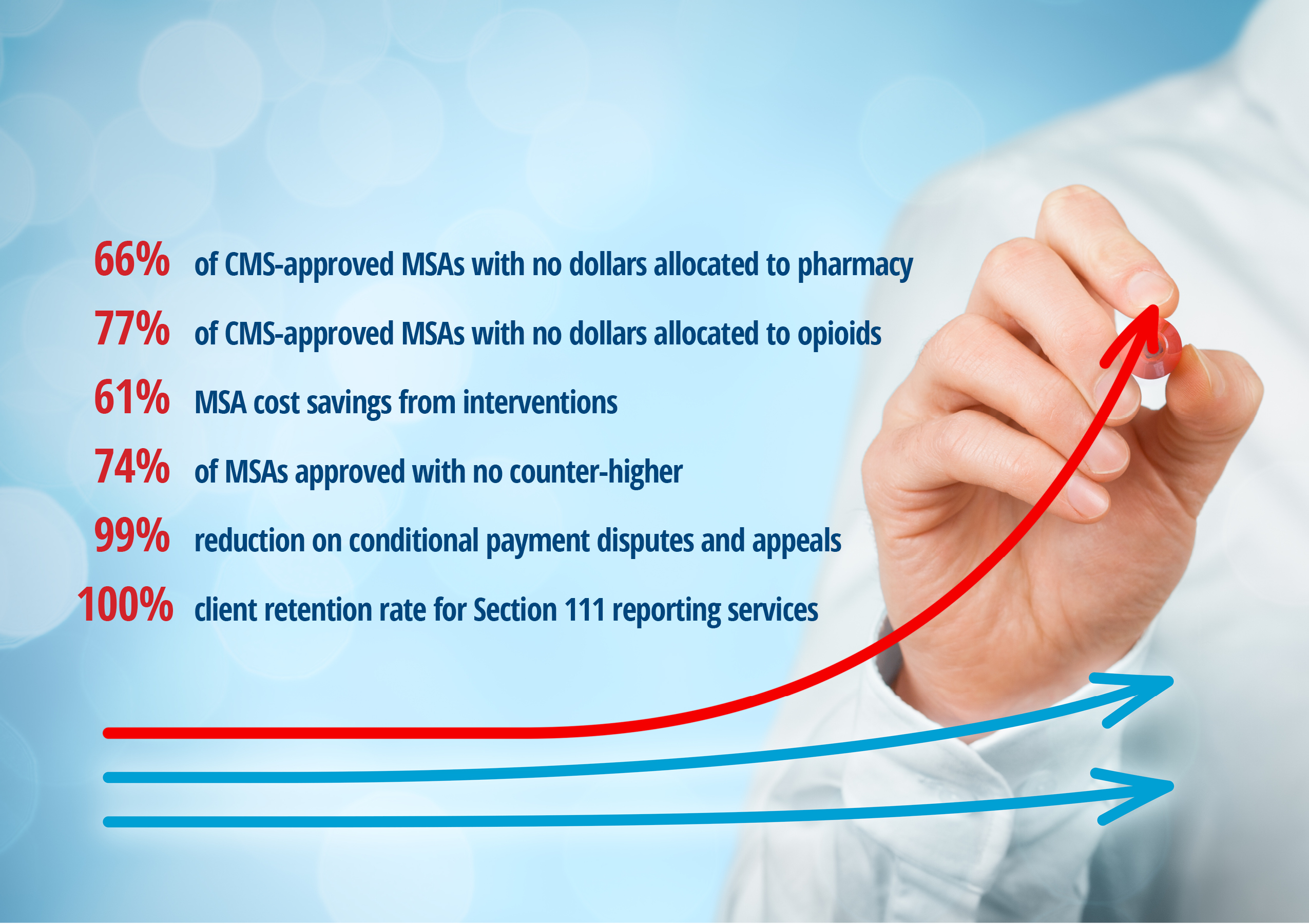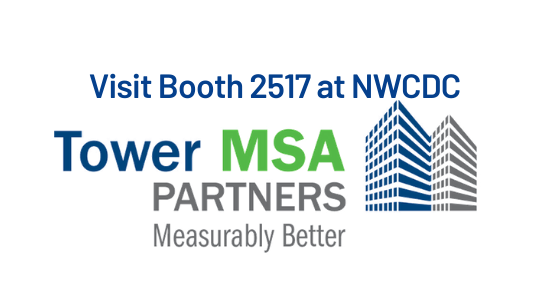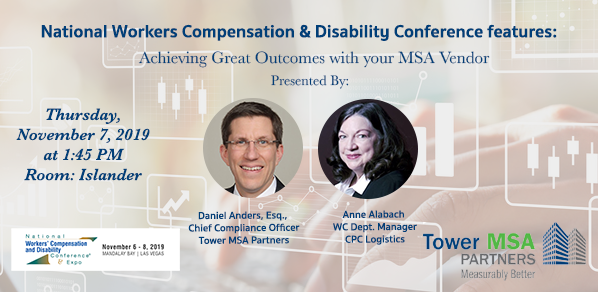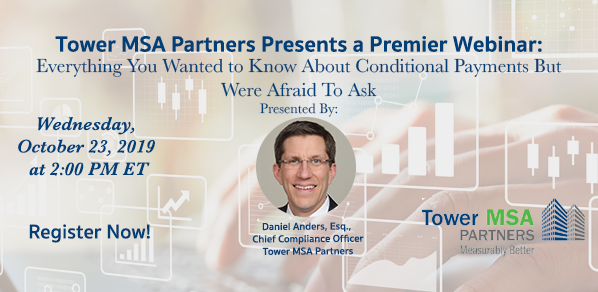CMS recently released Version 3.0 of its WCMSA Reference
Guide, what we informally call the “MSA bible.”
The reference guide provides most CMS policy and procedures relating to
its review of Workers’ Compensation Medicare Set-Asides.
The updated guide can be found here.
Notable additions or changes to this version are detailed
below with takeaways and comments.
Amended Review Criteria Expanded to Six Years
CMS has expanded the Amended Review MSA lookback from one to
four years to one to six years post the prior MSA approval. As a refresher, the Amended Review process in
Section 16.2 allows a new MSA to be submitted following a prior approval if all
of the following criteria are met:
- CMS has issued a conditional approval/approved
amount at least 12 but no more than 72 months prior,
- The case has not yet settled as of the date of
the request for re-review.
- Projected care has changed so much that the
submitter’s new proposed amount would result in a 10% or $10,000 change (whichever
is greater) in CMS’ previously approved amount.
Tower appreciates CMS expanding the lookback to six years as
this should allow for more cases to be submitted through this process and
potentially settle with an MSA that better reflects the claimant’s current and
future course of treatment. If your case
may meet this criteria, please contact Tower to review and determine the
feasibility of submitting an Amended Review MSA.
Claimant Authorization to Submit Added to Consent to
Release Form
Longstanding policy requires any MSA submitted to CMS must
include a Consent to Release form signed by the claimant. The primary purpose of the document is to
provide Medicare beneficiary authorization for CMS to communicate with the MSA
submitter concerning the workers’ compensation claim.
Per the updated reference guide, effective 4/1/2020 a
consent must include the following language:
Further, I have had the Workers’ Compensation Medicare
Set-Aside Arrangement need and process explained to me, and I approve of the
contents of the submission.
Beneficiary Initials: ____
As a result of the addition of this statement, CMS is
effectively asking the claimant to approve the MSA along with supporting
documents in the submission. We
anticipate two consequences as a result of this addition:
- Claimants will sign the consent but forget to
initial this section.
- Claimants will not sign the consent until such
time as they review the MSA and perhaps the supporting documentation, i.e.
medical records, which are submitted with the MSA.
While we understand CMS wanting to ensure the claimant
understands the purpose of the MSA, we would assert this is already effectively
done, in most cases, as part of the settlement process.
At this time, Tower will continue to use the Consent to
Release without the requirement that the claimant approve the MSA submission. However, we will need to begin using the
revised consent as we get closer to 4/1/2020.
Submission of Annual Attestations through the WCMSAP
As we previously discussed in CMS
Adds Electronic Submission Option for MSA Attestations, CMS is now allowing
MSA self and professional administrators to submit annual attestations through
the Workers’ Compensation Medicare Set-Aside Portal (WCMSAP). Section 11.1.1. of the guide was updated to
reflect the addition of this feature and a new Section 17.6 “Electronic
Attestations” was added which directs both MSA self and professional
administrators to the WCMSAP User Guide for further information on submitting
annual attestations electronically.
Policies Added to Address Opioid Epidemic
CMS has been very active in the past two years at addressing
the opioid epidemic among its Medicare beneficiaries. The exception to this has largely been the
MSA program.
In an effort to address opioids in MSA CMS added the
following statement to section 17.1 on MSA administrators:
CMS highly recommends
professional administration where a claimant is taking controlled substances
that CMS determines are “frequently abused drugs” according to CMS’ Part D Drug
Utilization Review (DUR) policy. That policy and supporting information are
available on the web at https://cms.gov/Medicare/Prescription-Drug-Coverage/PrescriptionDrugCovContra/RxUtilization.html.
CMS takes this further in
Section 17.3 by stating:
CMS expects that WCMSA funds be competently administered
in accordance with all Medicare coverage guidelines, including but not limited
to CMS’ Part D Drug Utilization Review (DUR) policy. As a result, all WCMSA
administration programs should institute Drug Management Programs (DMPs) (as
described at https://www.gpo.gov/fdsys/pkg/FR-2018-04-16/pdf/2018-07179.pdf) for
claimants at risk for abuse or misuse of “frequently abused drugs.”
While MSA professional
administration is recommended for most MSAs, CMS is correct in asserting it is
of special value for a claimant utilizing opioid medications. MSA professional administrators like our
partner, Ametros, can readily provide the type of drug management program
expected by CMS. We applaud CMS
for implementing these guidelines addressing opioid use in MSAs.
If you have any questions regarding theses MSA updates,
please contact Tower’s Chief Compliance Officer, Dan Anders, at (888) 331-4941
or daniel.anders@towermsa.com.



